 7
7
After Bulgaria’s liberation from Ottoman domination in 1878 a process of gradual restoration of statehood began. Under the influence of Europe the idea emerged of a constitution and a parliament to forge the laws of a free Bulgaria. The beginning of parliamentarianism was laid by the Constituent Assembly in Veliko Turnovo – it adopted the first constitution of the country which has gone down in history as the “Turnovo constitution”.
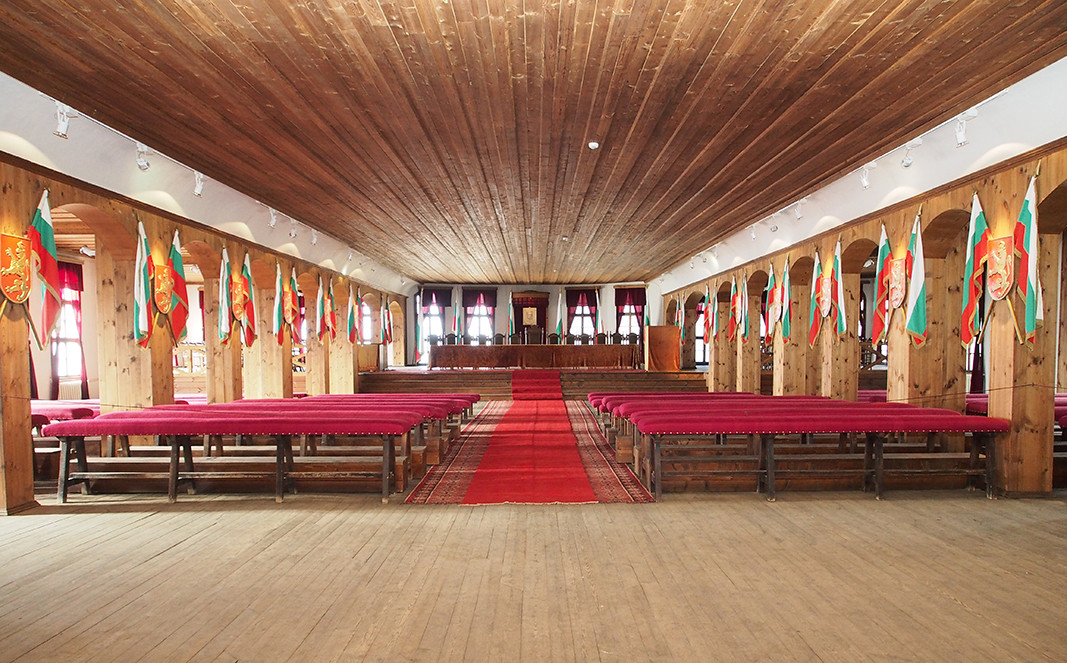
“At the time the Bulgarian parliament did not have a building of its own to hold its sessions, and sat in different places in Veliko Turnovo, Svishtov and Sofia,” says Elena Kamenova, expert at the National Assembly’s public relations department. “In February 1884, the Council of Ministers made a decision for a building to be constructed to serve as a National Assembly.”
The project was entrusted to prominent Bulgarian architect Konstantin Jovanovic who lived and worked in Vienna. It took just a few months to erect the magnificent building in neo-Renaissance style: the ground-breaking ceremony was on 4 July, 1884, and it was officially inaugurated on 25 November that same year.
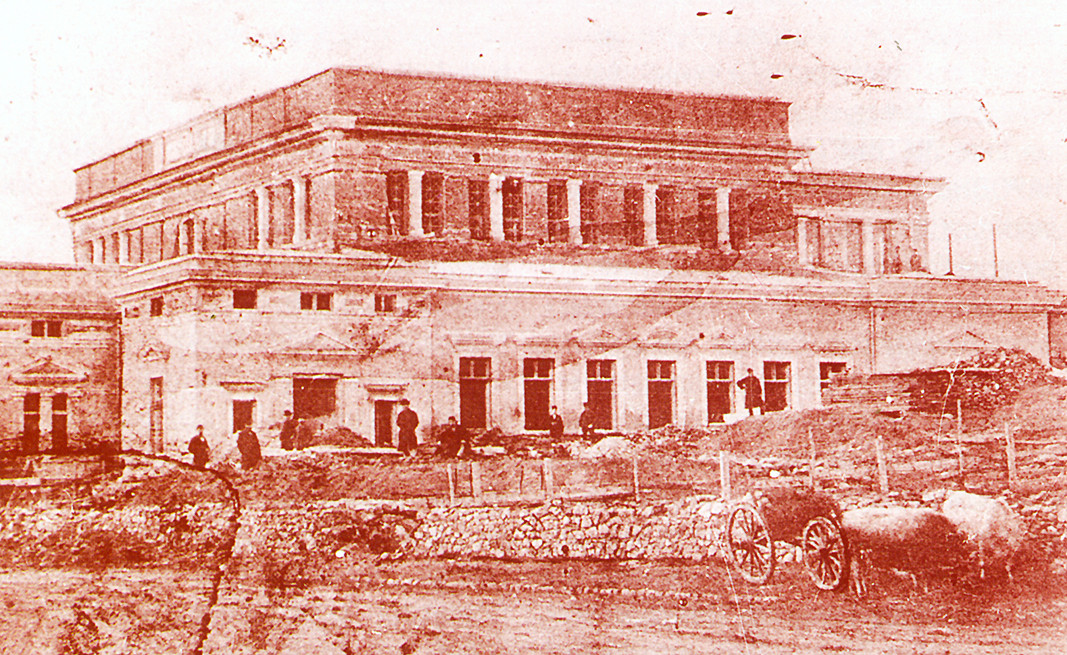
“In later years it proved to be too small,” Elena Kamenova explains. “So a decision was made to extend it. Different architectural styles were chosen for the first, second and third floors. But through the years the ambition has always been to preserve the authentic look of the building’s exterior, and so it has been.”
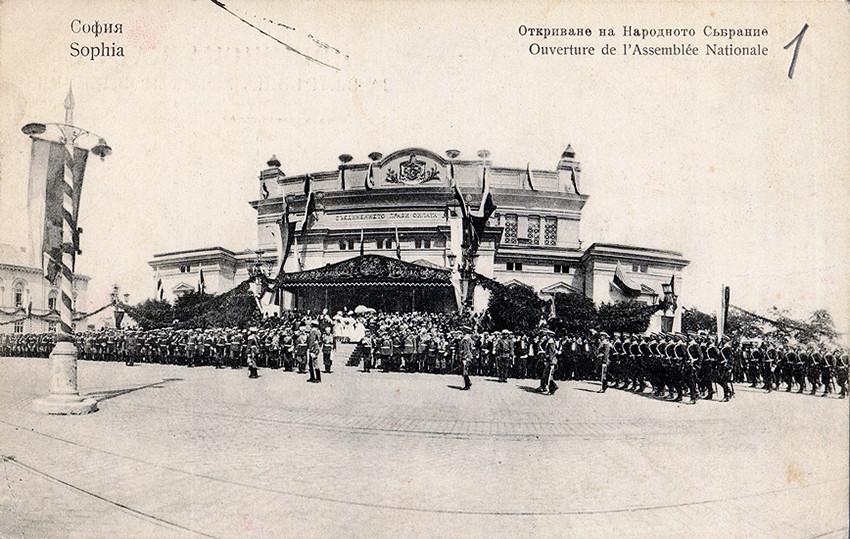
Interestingly, to raise enough money to construct the building, donations from the public were collected. The names of all of the benefactors were included in a special act which ends with the words: “The building erected shall serve to perpetuate freedom and equality in Bulgaria, to the glory of the Bulgarian people.” This message is sealed into the foundations of the building.
At the time it was erected, the parliament building – one of the first public buildings in the newly-proclaimed Bulgarian capital – was actually located in what was then the town’s outskirts, but is now on one of the busiest central boulevards of Sofia. Over its southern entrance is the national motto: “Unity makes strength”, and above that is the national coat of arms.

“What makes this building so valuable is its spirit,” Elena Kamenova says. “Almost the entire parliamentary history of the country has passed between its walls. That is where all crucial decisions have been made, that is where the country’s fate has been decided.”
In 2002 the building of the National Assembly was opened to the public with tours including the plenary hall, the expositions of portraits of the presidents of the National Assembly, the corridors, the halls and the parliamentary library.
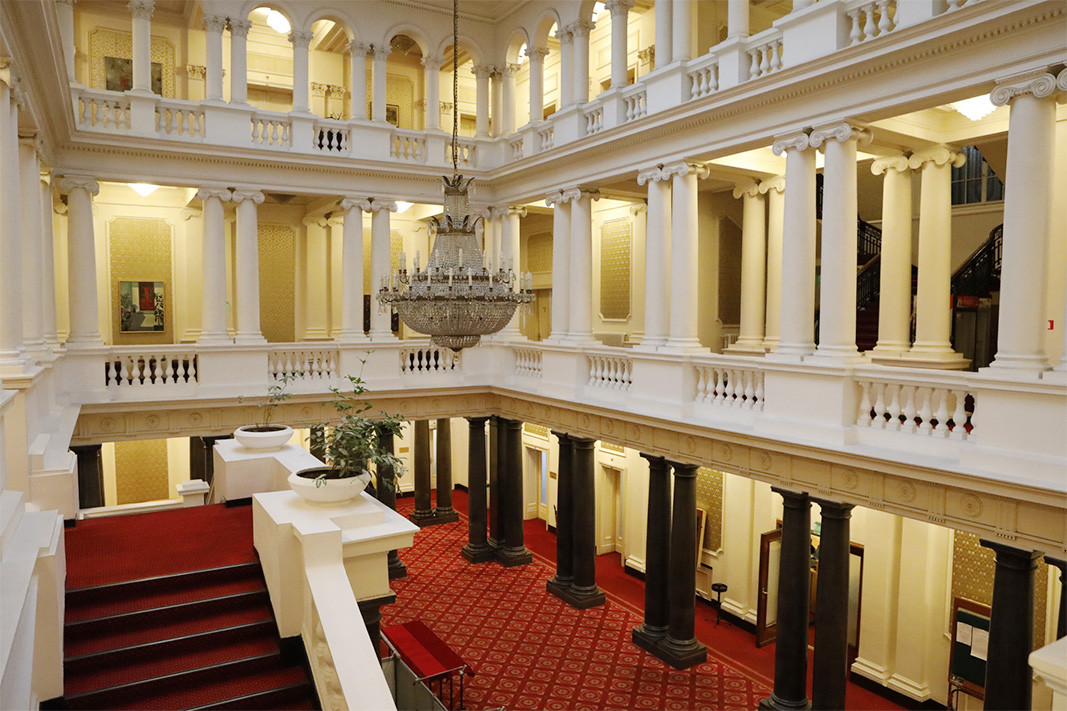
The National Assembly remembers historic speeches, tsars, presidents and hundreds of MPs. On 31 July, 2020 the parliament bell rang in this building for the last time, as the MPs moved to the building of what was once the Party House (of the Bulgarian Communist Party in the times of totalitarianism). A decision is yet to be made what it so become of the old building.
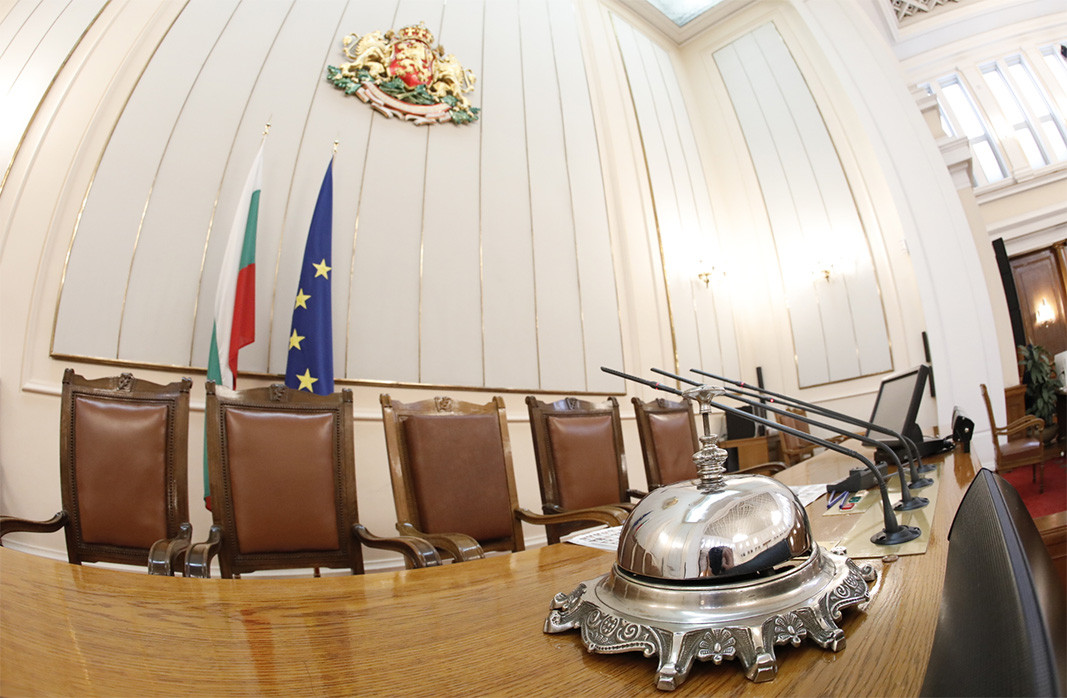
“It would perhaps make sense to turn it into a museum of parliamentarianism,” Elena Kamenova says. “The Bulgarian parliament building was declared a monument of culture in 1955 for its historical, architectural and cultural value. But it has been and still is a symbol of Bulgarian parliamentarianism.”
Photos: parliament.bg
Beloslav is a small town on one of the branches of Varna Lake. Yet it is here, in this quiet little town, that the only preserved Bulgarian submarine – Slava – is anchored . It was decommissioned a long time ago, and has now been turned in one of..
March 9 is the feast day of the Church of the Forty Martyrs in the town of Veliko Tarnovo - a place of exceptional importance for the Bulgarian statehood, which worthily preserves the memory of the glorious Tarnovo kings. On March 9, the..
Father Lyubomir Leontinow is one of three priests at the Cathedral of St Boris the Conqueror in Berlin and was the first priest ordained for the Western and Central European Diocese in 1994. After completing his theology studies in Bulgaria, he settled..
Beloslav is a small town on one of the branches of Varna Lake. Yet it is here, in this quiet little town, that the only preserved Bulgarian submarine..

+359 2 9336 661
